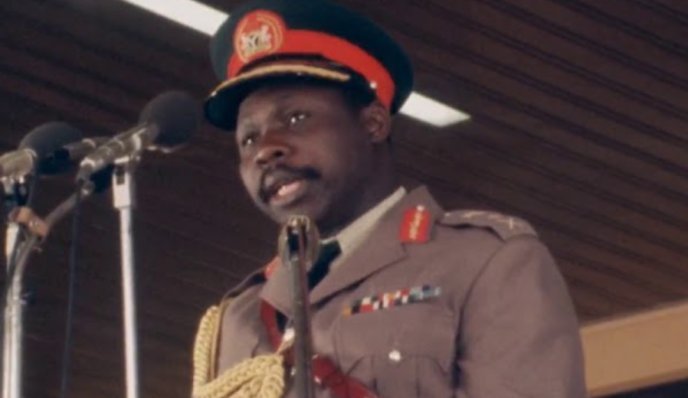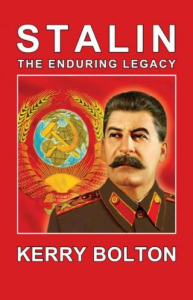That is What She Stated: Deconstructing the Enduring Legacy of "The Workplace" Quotes
Associated Articles: That is What She Stated: Deconstructing the Enduring Legacy of "The Workplace" Quotes
Introduction
On this auspicious event, we’re delighted to delve into the intriguing subject associated to That is What She Stated: Deconstructing the Enduring Legacy of "The Workplace" Quotes. Let’s weave fascinating data and supply contemporary views to the readers.
Desk of Content material
That is What She Stated: Deconstructing the Enduring Legacy of "The Workplace" Quotes

"The Workplace," the American adaptation of the British sitcom of the identical title, transcended its mockumentary format to develop into a cultural phenomenon. Its enduring recognition is not solely attributable to its relatable characters or intelligent writing; a big a part of its legacy lies in its quotable moments. From cringe-worthy awkwardness to heartwarming sincerity, the present’s dialogue has infiltrated on a regular basis dialog, turning into a shared language amongst followers. This text delves into the phenomenon of "The Workplace" quotes, analyzing their influence, dissecting their humor, and exploring why sure traces resonate so deeply with audiences.
Some of the prevalent and immediately recognizable phrases is, after all, "That is what she mentioned." Delivered with a figuring out smirk by Michael Scott, the present’s perpetually inappropriate however well-meaning supervisor, this double entendre turned a operating gag, a shorthand for acknowledging the inherent awkwardness of sexual innuendo. Its success lies in its simplicity and flexibility. The joke depends on the viewers’s understanding of the double that means, making a shared conspiratorial second. It isn’t only a joke; it is a commentary on the pervasive, typically uncomfortable, presence of sexual humor within the office, cleverly masked as harmless banter. The quote’s enduring attraction stems from its capacity to be each childishly immature and surprisingly efficient in defusing tense conditions or including a layer of playful irony to mundane conversations. It is a testomony to the present’s capacity to seek out humor within the on a regular basis awkwardness of workplace life.
Past the ever present "That is what she mentioned," "The Workplace" boasts a treasure trove of memorable quotes that encapsulate the present’s various vary of characters and themes. Dwight Schrute, the beet-farming, survivalist assistant to the regional supervisor, offers a gentle stream of eccentric pronouncements. His pronouncements, typically delivered with unwavering seriousness, are inherently humorous as a result of their absurdity. Traces like "Bears. Beets. Battlestar Galactica," although seemingly nonsensical, have develop into iconic, representing Dwight’s distinctive worldview and his often-misplaced makes an attempt at profundity. These quotes aren’t simply humorous; they’re character-defining. They reveal Dwight’s obsessive nature, his quirky passions, and his typically misguided makes an attempt to impress his colleagues and superiors. In addition they spotlight the present’s capacity to seek out humor within the sudden, within the juxtaposition of the odd and the extraordinary.
Conversely, Jim Halpert’s pranks on Dwight, typically accompanied by his signature smirk and witty asides to the digicam, generate a special sort of humor. His understated sarcasm and dry wit resonate with viewers who admire the delicate artwork of the well-placed joke. Whereas not as overtly outrageous as Michael’s or Dwight’s pronouncements, Jim’s feedback are sometimes extra cuttingly humorous due to their subtlety. His quips, delivered with a superbly timed pause and a figuring out look, set up him because the present’s ethical compass, providing a counterpoint to the chaos surrounding him. Traces like "I am an alright man" or his many feedback about Dwight’s questionable selections, are humorous as a result of they’re relatable; we have all had that coworker we secretly make enjoyable of. This relatability is essential to the present’s success, making the humor accessible and universally appreciated.
Pam Beesly’s character arc additionally offers a wealth of quotable moments, evolving from a shy receptionist to a assured artist and mom. Her quotes, typically understated and laced with quiet wit, mirror her journey of self-discovery. Her early anxieties and insecurities are expressed by delicate feedback, whereas her later confidence is mirrored in her extra assertive pronouncements. This evolution is mirrored within the growth of her quotable traces, showcasing the present’s capacity to craft memorable dialogue that evolves with the characters themselves. Her dry humor and relatable struggles make her quotes significantly resonant with feminine viewers, additional cementing the present’s broad attraction.
Oscar Martinez’s sharp wit and dry sarcasm present one other layer of comedic depth. His typically politically charged feedback, delivered with a delicate smirk, supply a refreshing counterpoint to the often-insensitive humor of different characters. His traces function a commentary on the present’s personal flaws, highlighting the generally problematic nature of its humor whereas concurrently offering witty observations concerning the office and societal norms. This self-awareness, embedded throughout the dialogue, provides a layer of sophistication to the present’s humor, interesting to a extra mature and discerning viewers.
The success of "The Workplace" quotes is not simply concerning the phrases themselves; it is concerning the context during which they’re delivered, the characters who ship them, and the general tone of the present. The mockumentary format permits for direct tackle to the digicam, breaking the fourth wall and creating a way of intimacy with the viewers. This intimacy permits the viewers to develop into complicit within the humor, sharing within the awkwardness and the enjoyment of the characters’ experiences. The quotes develop into extra than simply traces of dialogue; they develop into shared experiences, inside jokes that bind followers collectively.
Moreover, the longevity of those quotes is a testomony to the present’s writing high quality. The writers skillfully crafted memorable traces which might be each humorous and insightful, reflecting the complexities of human relationships and the absurdities of office dynamics. The quotes encapsulate the present’s themes of friendship, love, ambition, and the seek for that means within the mundane. They resonate as a result of they faucet into common experiences, reminding us of our personal awkward encounters, our personal office frustrations, and our personal seek for connection.
In conclusion, the enduring recognition of "The Workplace" quotes speaks volumes concerning the present’s influence on widespread tradition. From Michael Scott’s inappropriate pronouncements to Dwight’s eccentric observations, from Jim’s witty pranks to Pam’s quiet wit, the present’s dialogue has develop into part of the on a regular basis lexicon. The quotes’ success lies not solely of their humor but additionally of their relatability, their capacity to seize the complexities of human relationships, and their reflection of the common experiences of the office. They’re a testomony to the present’s enduring energy to attach with audiences on a deeply private degree, proving that even in probably the most mundane of settings, laughter, and shared experiences, could be present in abundance. And maybe, that is what she mentioned.








Closure
Thus, we hope this text has offered beneficial insights into That is What She Stated: Deconstructing the Enduring Legacy of "The Workplace" Quotes. We admire your consideration to our article. See you in our subsequent article!